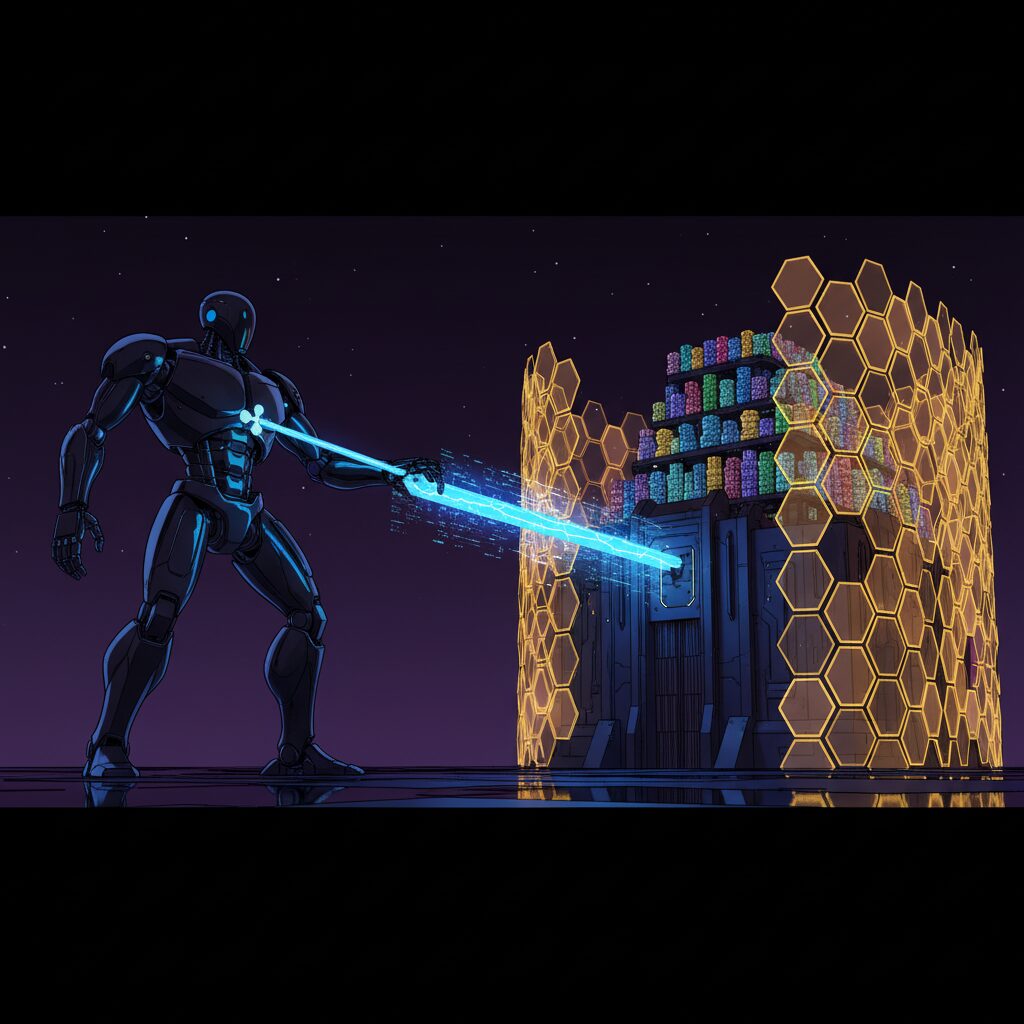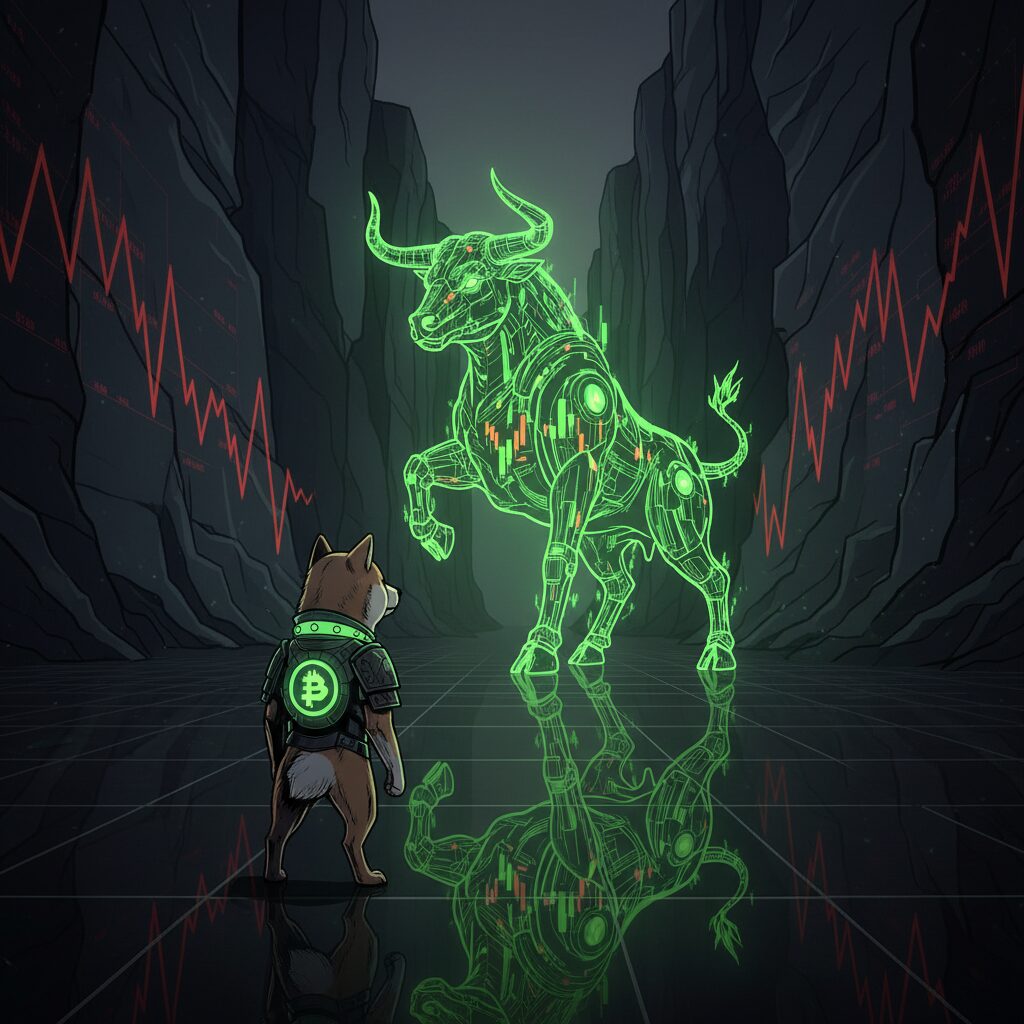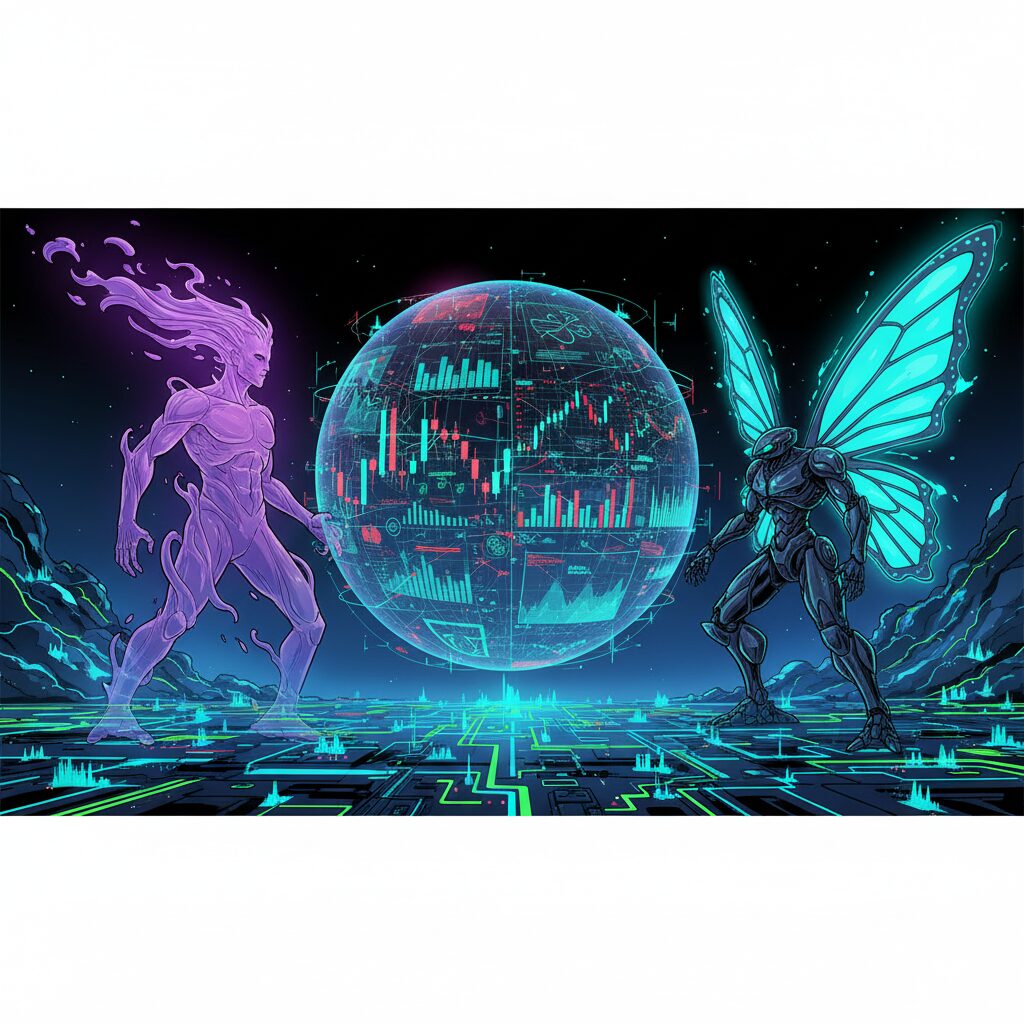Ripple Broadens Crypto Custody Services with Palisade Acquisition

Ripple has acquired Palisade, a provider of digital asset custody solutions, in a strategic move to extend its services beyond traditional financial institutions. The acquisition is set to broaden Ripple’s reach to a diverse client base that includes fintech companies, corporations, and crypto-native businesses.
Palisade specializes in a “wallet-as-a-service” platform, which enables businesses to quickly integrate high-speed digital asset wallets directly into their existing operational workflows. This technology enhances Ripple’s ability to offer comprehensive custody solutions to its expanding network of enterprise clients.
The Core of the Conflict
The debate over artificial intelligence and copyright has found a new focal point, drawing in Japan’s iconic Studio Ghibli. The animation powerhouse, celebrated for films like “Spirited Away,” is part of a coalition of Japanese publishers demanding that OpenAI stop training its AI models on their copyrighted content without permission. The group, represented by the Content Overseas Distribution Association (CODA), sent a formal letter to OpenAI outlining its position.
This conflict became highly visible with the rise of generative AI tools. After ChatGPT launched its native image generator, a trend of creating “Ghiblified” photos swept across social media, mimicking the studio’s unique artistic style. Even OpenAI CEO Sam Altman joined in, briefly using a Ghibli-style portrait as his profile picture. While seemingly harmless, these instances underscore the central issue: the unauthorized use of an artist’s life’s work to develop commercial AI products.
A Widening Dispute Over Creative Rights
At the heart of the publishers’ concerns is what they see as OpenAI’s “ask for forgiveness, not permission” approach to using copyrighted material. This strategy has allowed users to easily generate content featuring protected characters and even depictions of deceased public figures, sparking a wave of complaints from rights holders.
The Japanese coalition isn’t alone. Other major entities have voiced similar concerns over the uncontrolled use of their intellectual property. Nintendo, known for its rigorous defense of its characters and games, is watching the situation closely. Similarly, the estate of Dr. Martin Luther King, Jr. has raised alarms about the potential for advanced tools like OpenAI’s Sora to create convincing deepfake videos of historical figures without consent.
The Uncharted Legal Waters of AI Training
The legal landscape for training AI on copyrighted data is murky and varies significantly by country. In the United States, copyright law hasn’t seen a major update since 1976, leaving it ill-equipped to handle the complexities of AI. Legal precedent is scarce. In a recent federal case, a judge ruled that the AI company Anthropic didn’t violate the law by training its model on copyrighted books, but it was fined for pirating the books used in the process. This suggests a potential legal distinction between the act of training and how the training data is acquired.
Japan’s legal framework, however, offers a starkly different interpretation. According to CODA, Japanese copyright law generally requires prior permission to use copyrighted works. The organization argues there is no system that allows for infringement to be excused by subsequent objections. They contend that when an AI’s output reproduces a copyrighted work, the initial act of replication during the machine learning process may itself constitute copyright infringement.
An Insult to Life Itself
For many creators, the issue transcends legal and financial concerns, touching on the very essence of artistic integrity. Hayao Miyazaki, the creative force behind Studio Ghibli, has long been a critic of AI-generated animation. In 2016, after viewing an AI-animated figure, he called the work “an insult to life itself.” While not a direct comment on the current dispute, his words capture the deep philosophical divide between human artistry and machine replication.
This debate resonates strongly within the cryptocurrency community, which is built on principles of verifiable ownership and decentralized control. As AI becomes more powerful, the need for robust frameworks to protect intellectual property and ensure creators are compensated for their work becomes critical. The challenge affects everyone from major studios to independent artists whose livelihoods depend on their unique creative output.
Shaping the Future of Digital Creativity
The stand taken by Studio Ghibli and its partners marks a pivotal moment. The resolution of these copyright disputes will set critical precedents for industries ranging from film and music to gaming and literature. The path forward requires a balanced approach that encourages technological innovation while fiercely protecting the rights of creators.
Policymakers face the difficult task of crafting legislation that is both technologically informed and effective. This means developing clear guidelines for consent, attribution, and fair compensation for using copyrighted material in AI training sets. Without a global consensus, the tension between AI development and creative rights will only continue to grow.
OpenAI’s “Ask Forgiveness” Strategy
OpenAI has faced criticism for its aggressive approach to training artificial intelligence models, often described as a policy of “ask for forgiveness, not permission.” The company frequently ingests vast quantities of data from the internet, including copyrighted works, and deals with legal challenges only after the fact. This practice sidesteps seeking prior consent from creators and rights holders, a strategy highlighted when even OpenAI CEO Sam Altman used a Studio Ghibli-style profile picture, underscoring the casual use of protected artistic styles.
A Trans-Pacific Legal Divide
The debate over AI training data reveals a stark contrast between US and Japanese copyright law. American copyright law, which hasn’t seen a major update since 1976, remains ambiguous on the use of copyrighted material for AI training. Recent court rulings suggest that the training process itself may not be an infringement, though acquiring the data through piracy is illegal. In Japan, the legal landscape is clearer. The country’s copyright system generally requires permission before using protected works. Furthermore, if the machine learning process replicates and produces outputs that mirror specific copyrighted material, it may be considered an infringement.
Sora, Deepfakes, and Ethical Dilemmas
The implications of this data use are becoming more tangible with new technology. OpenAI’s video generator, Sora, has amplified concerns about the potential to create highly realistic deepfakes. This technology could be used to generate unauthorized videos of copyrighted characters or even real individuals, including deceased figures like Dr. Martin Luther King, Jr. The capability raises profound ethical and legal questions about consent, privacy, and defamation in an era of AI-generated content.
An “Insult to Life Itself”
Beyond the legal arguments, there is a deep philosophical opposition from the creative community. Hayao Miyazaki, the celebrated co-founder of Studio Ghibli, has voiced a powerful critique of AI-generated art. In 2016, after viewing an AI-created animation, he called it “an insult to life itself” and expressed that he was “utterly disgusted.” While his comments predate the current controversy, they capture the profound resistance from artists who see the technology as a fundamental threat to human creativity.








